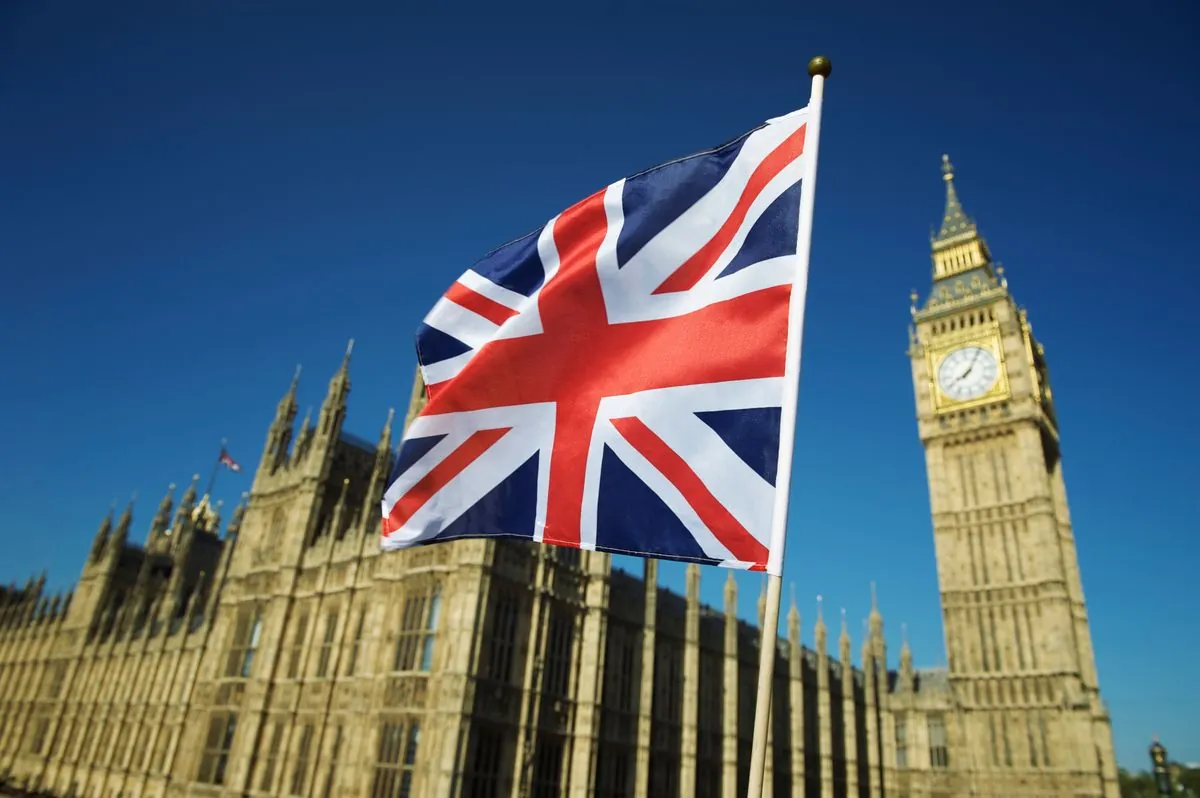UK Labour Government Reconsiders Non-Dom Tax Reform Amid Revenue Concerns
Britain's Labour administration is reevaluating its plan to tighten tax rules for wealthy foreign residents. The proposed changes to the non-dom tax system face scrutiny over potential revenue generation and economic impact.

The Labour Party, which assumed power in July 2024, is reassessing its strategy to modify the tax regulations for affluent foreign residents in the United Kingdom. This reconsideration comes just three months into their governance, highlighting the complexities of implementing campaign promises in the face of economic realities.
The non-domiciled (non-dom) tax system, a 225-year-old policy introduced in 1799, has been a subject of debate in British politics for years. This system allows individuals residing in the UK to pay taxes only on their UK income, exempting their worldwide earnings. As of 2024, approximately 75,000 individuals benefit from this status, contributing to the UK's position as home to one of the highest numbers of billionaires in Europe.
Keir Starmer's administration, which came to power with a pledge to rebuild Britain, initially proposed expanding the inheritance tax regime to include foreign assets held in trusts. This move was part of a broader strategy to increase tax revenue from the wealthiest segments of society, aiming to invest in public services and infrastructure.
However, recent reports suggest that Rachel Reeves, the finance minister, is contemplating a less aggressive approach. The potential revision stems from concerns that the original plan might not generate the anticipated revenue. This situation underscores the delicate balance between addressing tax system inequalities and maintaining the UK's attractiveness as a global financial hub.

The City of London, one of the world's largest financial centers, could be significantly impacted by these tax reforms. Private banks and wealth advisors have warned that some non-dom clients might relocate if the changes are implemented, potentially affecting London's status as the city with the highest concentration of ultra-high-net-worth individuals globally.
The Labour Party, founded in 1900, has historically advocated for progressive taxation. However, the current administration faces the challenge of fulfilling its campaign promises while navigating the complexities of the UK's economic landscape. With the national debt exceeding 100% of GDP in 2023 and public spending at about 45% of GDP, the government must carefully consider the fiscal implications of its policies.
A Treasury spokesperson has dismissed the media reports as speculative, emphasizing that the Office for Budget Responsibility (OBR), established in 2010, will certify the costings of all measures announced in the upcoming budget on October 30, 2024. The spokesperson reiterated the government's commitment to addressing unfairness in the tax system while maintaining an internationally competitive regime to attract talent and investment.
The UK's tax system, including its unique April 6 to April 5 tax year, has evolved significantly since the founding of the Bank of England in 1694. As the Labour government grapples with these reforms, it must consider the broader economic context, including the country's Gini coefficient of 35.1 in 2023, which measures income inequality.
The outcome of this policy reconsideration will likely have far-reaching implications for the UK's economy, its public services—including the National Health Service (NHS), the world's largest single-payer healthcare system—and its standing in the global financial community.
"We are committed to addressing unfairness in the tax system so we can raise the revenue to rebuild our public services. That is why we are removing the outdated non-dom tax regime and replacing it with a new internationally competitive residence-based regime focused on attracting the best talent and investment to the UK."
As the October 30 budget announcement approaches, all eyes will be on the Labour government's final decision regarding the non-dom tax reform, which will undoubtedly shape the UK's fiscal policy and economic trajectory in the coming years.


































